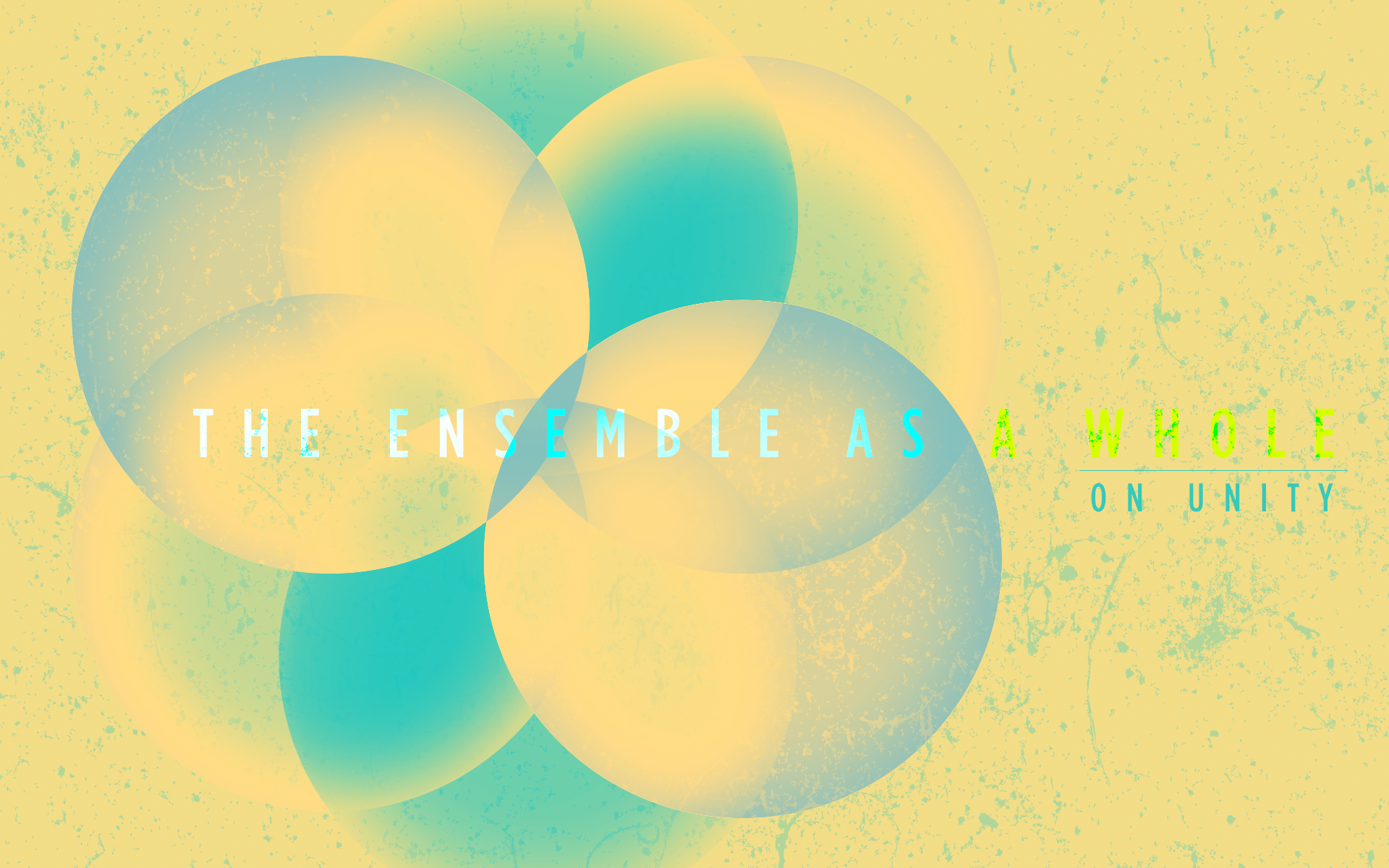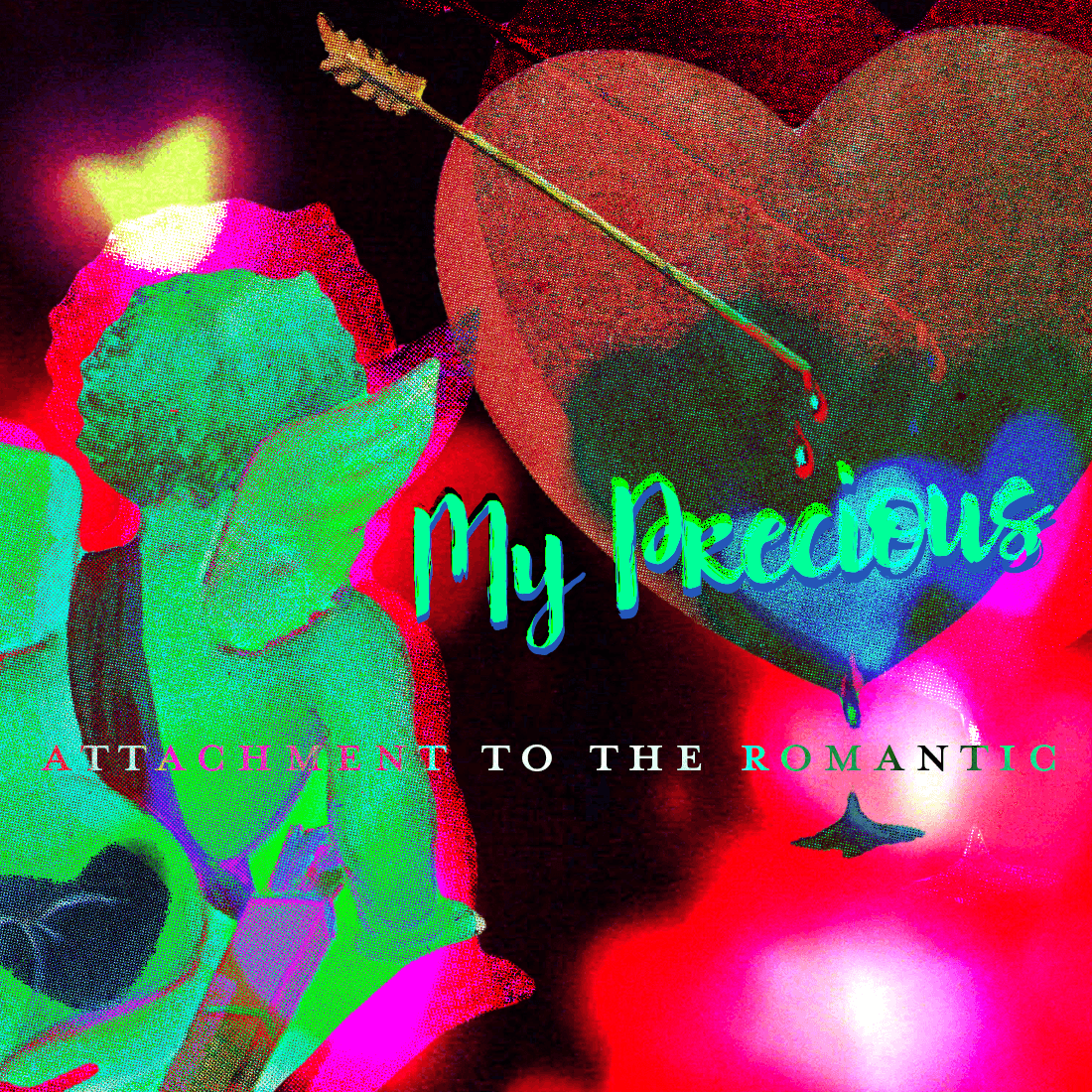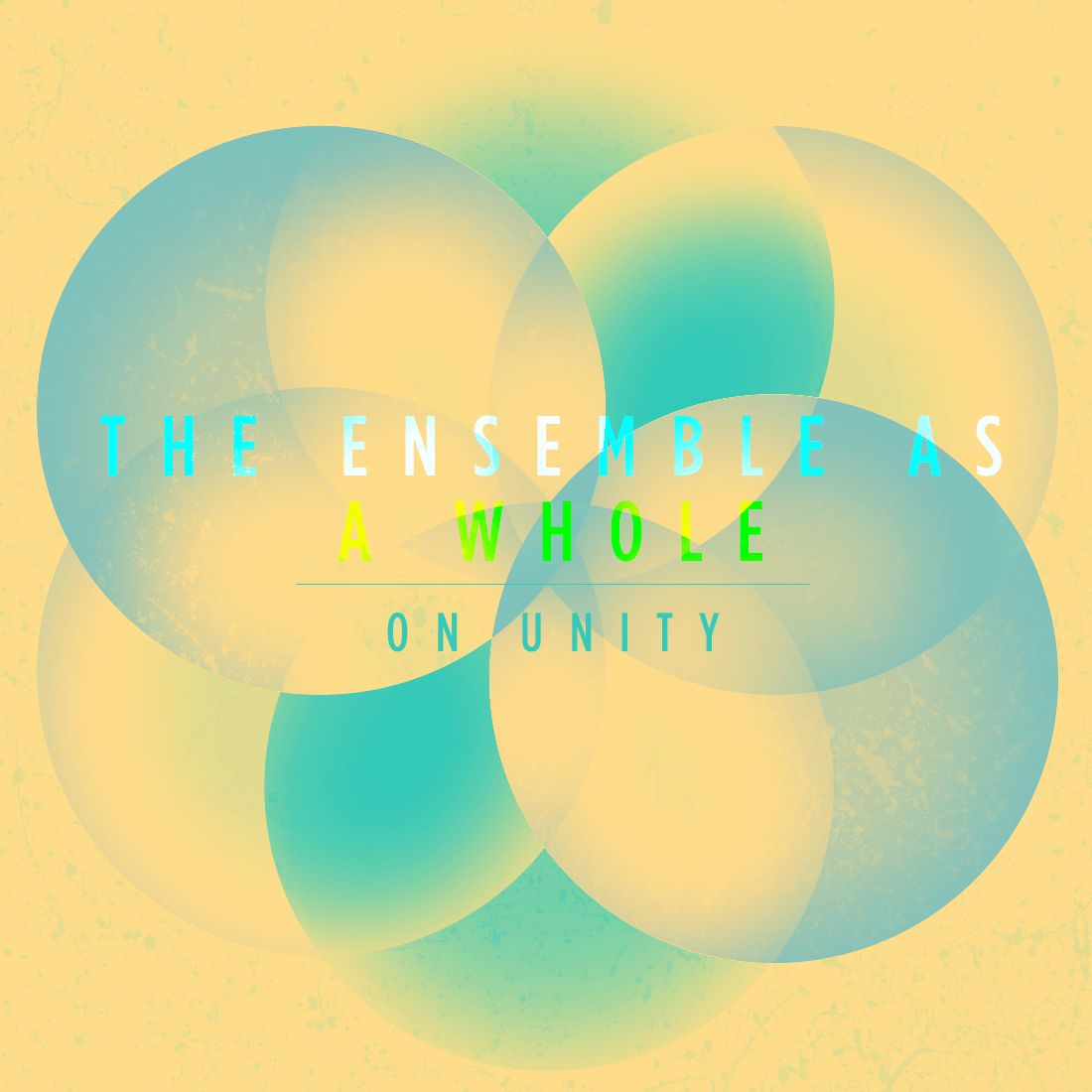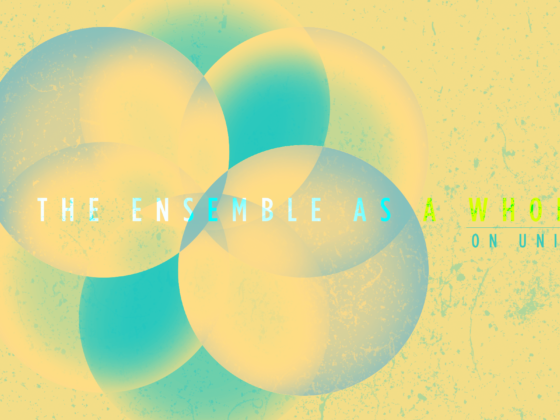KELLEY KIDD
The idea of a safe space feels like one of those ideas whose meaning has slowly worn away through the overuse of the phrase, leaving behind an empty image of people passing a talking stick. Worse, for many, the overuse of the idea contributes to a sense that every space is so safe that no space really is. The intention of “safe spaces” is to ensure everyone — particularly individuals belonging to marginalized groups — feels able to express themselves as they are, without fear of being ostracized due to their identity. Yet many find the pervasiveness of the concern for safe spaces to be silencing, a censorship of controversial and challenging discussion. This is a complex debate. However, members of safe spaces generally appreciate them because they might offer an environment in which they are able to trust that their self-expression will be respected, that they have room to voice ideas, make contributions to a community, and be valued as a person. This allows individuals to express more challenging, complex, and even half-baked thoughts, as well as to take larger risks, without fear of being dehumanized or devalued if they fail.
The intention of “safe spaces” is to ensure everyone — particularly individuals belonging to marginalized groups — feels able to express themselves as they are, without fear of being ostracized due to their identity.
As such, the value of these environments is as potent as ever for their members. Additionally, the whole business and tech sector of society now has permission to be motivated by the cultivation of these spaces. A Google team just completed a thorough longitudinal study about what makes the best team, which, to the potential glee of corporate workers everywhere, illustrates that the success — the literal value — of a team depends largely on the psychological safety its members feel among one another. The study noted that such psychological safety was best illustrated by ‘‘equality in distribution of conversational turn-taking” and a general sense of social sensitivity of group members towards one another. In other words, when people believe that they are being heard and seen, they find themselves more able to trust the team around them, which allows members to more openly and effectively collaborate, express ideas, and try things out together.
I came upon this study at the same time that I was considering the role of female community in my life. I started to deeply consider the importance of female community to myself as a woman, what it adds to the lives of other women, and why.
My own consideration led me to think that female-only space can give women room to more deeply explore the experiences of being female, and to be somewhere where that experience is shared and considered to be of value. A The New York Times piece on female friendship noted that “historically, friendships between women provided them with attention, affection and an outlet for intellectual or political exchange.” I suspect that women’s ability to provide this for one another stems from the internal knowledge of what it feels like to be deprived of it. For many women, the experience of self-expression can be a nerve-wracking one in general. Many women — a word I’m using to include anyone who identifies as female in a way meaningful to her — feel that their ideas, words, and contributions are not given equal value to that of men, particularly in workplace culture and decision-making. Paychecks, as well as the experiences of women in meetings and interviews, tend to provide support for this emotional experience. As such, it made sense to me that women would seek out female-only spaces where everyone involved would care about making room for one another.
Luckily, I am surrounded by intelligent thoughtful women I could ask about their experiences in female environments, and I decided to see how different women perceived their female communities — what makes them tick, what is the purpose behind them, how do their members carve out the kind of space they hope to participate in?
Ginny Fahs
“[The book club] opened my eyes to a lot of topics I wouldn’t have encountered on my own.”

I spoke first with Ginny Fahs, a Harvard graduate and San Francisco resident, and co-founder of the Book Wormen, a female-only book club made up of astonishingly smart, thoughtful, engaged women. She describes herself as a “humanist with a liberal arts background” and she currently works for a women’s health company that makes health tracking apps to “help women better understand bodies and health, particularly around topics of reproductive health and fertility.” I asked her to explore with me how & what drew her to want to build a female-only space, what she finds the contribution of that space to her life to be, and how members of that community cultivate the type of space they hope for it to be.
Shortly after moving to San Francisco, Fahs joined a women’s book club made up of women later in their careers, and she found that it “opened [her] eyes to a lot of topics I wouldn’t have encountered on [her] own.” This prompted her to further explore this type of community because it challenged her to shape her personal intellectual life in a different way. Surrounded by a community of women, she finds that she feels safer taking “more risks with articulating my thoughts and putting myself out there without being shot down.” She finds herself less likely to feel pressure “to prove something to someone” and more likely to trust the intentions and interest of those in community with her.
Jeanne Kidd
“[There is a] way that women can speak to each other that takes down some guard — even when it’s intense, there’s a softer side and an ability to relate.”
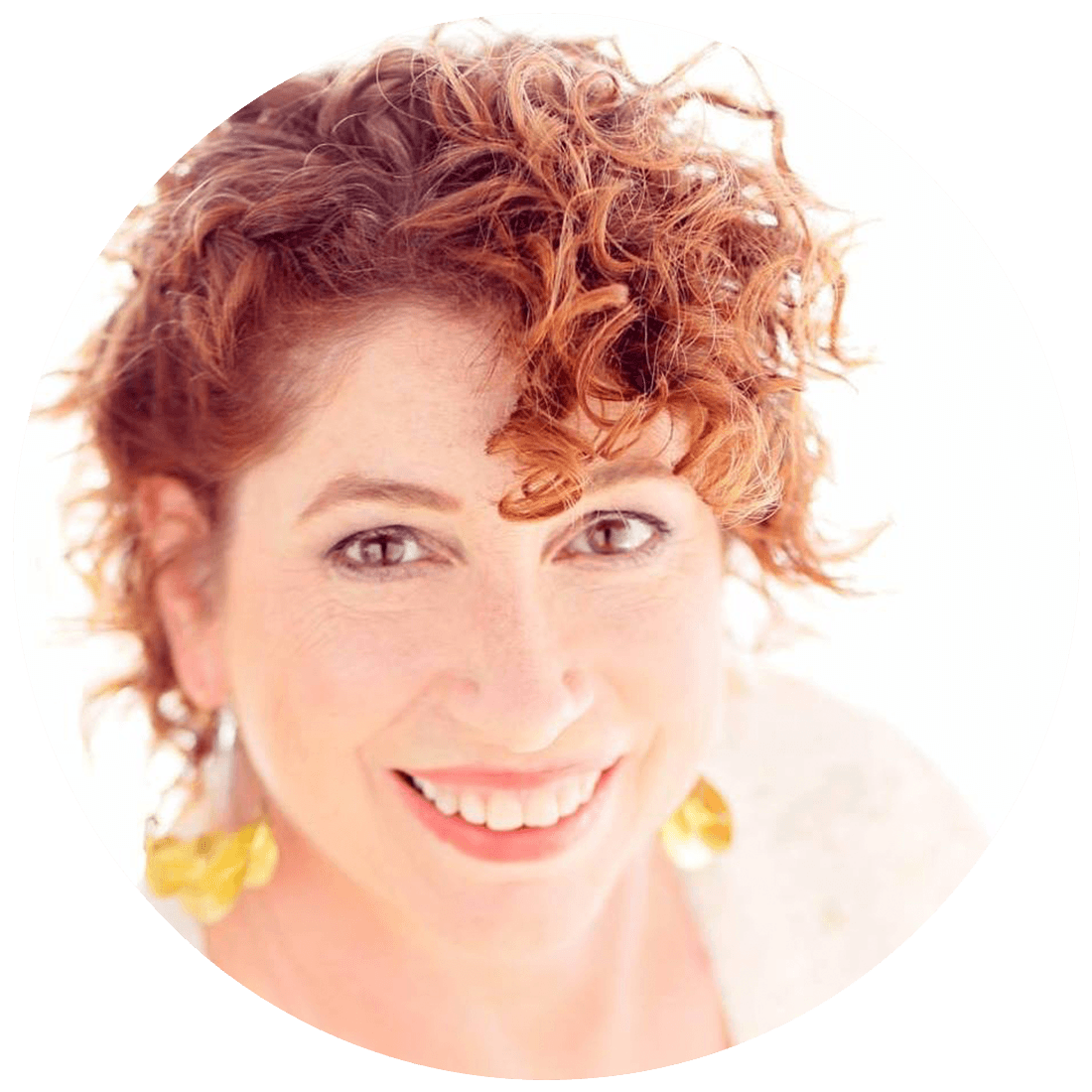
The other woman I spoke with, Jeanne Kidd — a successful business owner, skilled artist, and truly inspiring mother (to the admittedly biased author of this piece) — echoed this sentiment. Regarding her participation in Pink Coattails — a “Women’s Business Mastermind and Network” — Kidd described the empowerment that feels possible in a women’s professional setting. The group is made up entirely of female business leaders: women who, in Kidd’s words, “are about making their way in the world in a significant way.” When I asked why she was looking forward to having the opportunity to participate in this space, she expressed that there is a “way that women can speak to each other that takes down some guard — even when it’s intense, there’s a softer side and an ability to relate.” She, like Fahs, described it as a vulnerable setting where bringing ideas, questions, and contributions “with authenticity feels much easier to do with just women.” She also expressed that participating in this community has reminded her to value “not just what I’m going to gain, which I’m really grateful for, but also in what ways am I contributing and how can I uplift people.” She noted that often “we forget […] as women that we can offer what people are seeking,” and that we can “get insecure about [our] own power” out of fear that our expression might “overwhelm people.”
The female professional space empowers members to be proud of their voices and perspectives and both to learn from and teach one another.
The Book Wormen, Fahs expressed, similarly helps to uplift the voices of women. The book club is a helpful space for exploring and valuing the female artistic and creative perspective, which is often overlooked. In her words, “Art and literature shaped by femininity have characteristics that are definitively different from works shaped by men, and I don’t think we’re taught to appreciate that as much.” The book club discussions go beyond just interrogating what it means that the author is a woman, instead treating these “works by women as works worthy of rigorous intellectual unpacking.” The group goes deep into the work as a piece of art and the author as an author, embracing and revering the elements of that are shaped by femininity, but not to the point of flattening the author’s experience to exclusively that. By asking more than, as Fahs puts it, “how does this person’s personal life experience as a ‘blank-blank’ shape their portrayal of ‘blank,’” the community elevates the voices of women. Additionally, she noted, that in unpacking these works of art and “learning to appreciate some of the nuance there, we’re also getting ideas for how we shape our own contributions.” Much like Pink Coattails, by encouraging deep engagement with the voices of other women, the culture of the group stimulates a deeper appreciation for one’s own voice. This is where the norms within a group become so crucial. As Fahs puts it, “All of us are women. All of our contributions to the world will be shaped by our femininity in some way, and I think there is a lot of nuance and beauty to that and I want to practice analyzing what that is.” This is an intimate exploration that involves publicly delving into one’s personal experience of gender, expression, and creativity, which are deeply personal, vulnerable, and important topics to honestly share and discover with a community. The presence or absence of a strong sense of safety can make or break this exploration, and each individual’s participation in the norms impacts the sense of group unity. As such, the vibrancy, authenticity, and sustainability of these kinds of community depend on having a set of norms and performative rules that encourage vulnerable honesty. As Fahs put it, “Everyone is aware that communities don’t just happen, and the performance is a strategy to create the most welcoming, intellectually vibrant space possible.” This involves cultivating a culture where the existing group of people is always willing to “extend a hand to the right people at the right moment, such that that is not only received and the person feels a sense of belonging, but also knows how to do that for other people.” This norm of inclusion is deepened by a culture of honesty — each member’s willingness to fully participate encourages the authentic expression of every other member. For instance, Kidd explained that Pink Coattails is a Mastermind group, meaning that the established culture is one where members “support each other with how to think bigger and hold each other accountable and think creatively.” A “diverse group of women [come] from all over the country to get new insight and perspectives” and hold one another accountable to their power. The culture, Kidd expressed, is generated by “women whose intention is to be loving and supportive and help you grow and see things.” Shying away from honesty or failing to respect and appreciate the insight of another member does not benefit any individual member. Instead, accountability to these norms continuously rewards all members, generating a sense of community and ultimately responsibility to one another. This often manifests, as observed by Google as well as Fahs, as a parity of air time, facilitated by the continuous exchange of questions. In female spaces, this tends to be an established norm from the get-go, and it becomes reinforced by the community-wide experience of appreciation for being truly heard. Each individual values that everyone speaks equally, which, Fahs expressed, “does wonders for comfort and inclusion and belonging.” When each individual participates in this system, the continuous growth of vulnerability reinforces the sense of group belonging, to the point where, as Kidd put it, “I get to participate and bring forward something that really warms my heart” because the group becomes a trusting unit where that depth of honesty is the norm. Using these tools to cultivate a deeper understand of ourselves as women, as creatives, as professionals, and as a community excites me just as much, and offers a rich environment for growth and discovery. As such, it was a delight to discover a piece exploring the importance of these topics in broader spaces — the possibility of a workplace actively trying to cultivate the kind of safety we often have to seek out elsewhere is exciting. Discussions are beginning to swirl in corporate settings about the benefits of demographically diversifying corporate boards, and while reducing women’s value to the norms they bring to the table is a vast oversimplification, the possibility of bringing the depth of trust that women feel able to experience with one another in settings with carefully cultivated norms is one that could radically reinvigorate the current workplace experience. Given the vibrancy these women described, and this writer has experienced, in these types of safe spaces, spending more time each week inspired and comfortable in these ways offers the possibility of vast growth for creativity, collaboration, and quality of life.
“[In female groups] I get to participate and bring forward something that really warms my heart.”
“All of us are women. All of our contributions to the world will be shaped by our femininity in some way, and I think there is a lot of nuance and beauty to that and I want to practice analyzing what that is.”
“We forget […] as women that we can offer what people are seeking.”

